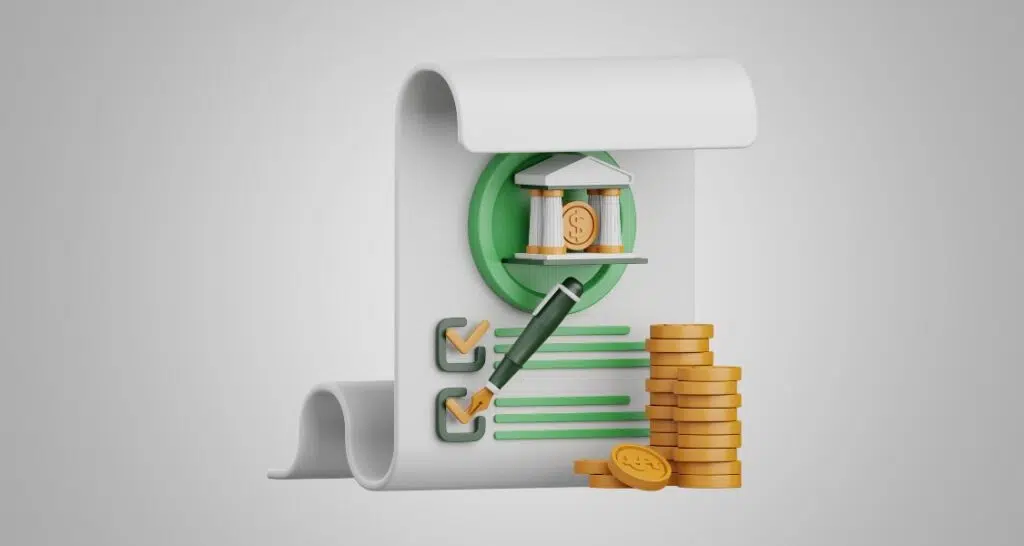Account Opening Denied: What’s Behind Foreign Bank Policies
Foreign bank accounts are multifaceted financial tools that address numerous personal requirements regular people may have. We have various reasons for setting up bank accounts abroad, including the need to pay for goods and services or subscribe to digital services. Oftentimes, foreign bank accounts are used for financial undertakings, e.g., stock trading and cryptocurrency transactions. They may also become your financial security blanket should things go wrong.
Still, the rate at which applications for these accounts are denied is surprisingly high. The main reason for this is the cautious stance that banks adopt towards potential clients from questionable jurisdictions. They are markedly hesitant to initiate relationships with potential customers not previously known to them.

Gone are the days when offshore accounts operated under the radar of financial regulators and the mass movement of business earnings and personal wealth to tax-free jurisdictions went unnoticed. In the current climate, banks, vigilant against the risk of sanctions, rigorously assess every potential client. Suspicions or uncertainties in these evaluations tend to result in account opening denials. What is more, the situation is expected to worsen each coming year.
Let’s dissect the main reasons behind the frequent rejections of foreign bank account applications and identify tactics to improve your odds of success. Admittedly, even in 2024, setting up a personal account with a foreign bank remains possible. However, trying to open one on your own has become much harder, and sometimes, this opportunity may be out of reach at all.
You are welcome to identify the vulnerabilities your situation may have and seek advice from the Offshore Pro team. Doing so, you’ll greatly increase your chances of success. You’ll be able to open an account with the right foreign bank and pick additional services that give you an efficient financial instrument.
KYC, AML, and due diligence
The main official grounds for the rejection of account applications are the Know Your Customer (KYC) procedures, anti-money laundering laws, and the need for thorough due diligence. Foreign banks need to have a complete understanding of their clients to avoid serious consequences, say, losing their license, if a customer uses their account for any unlawful activities.
Your Actions: Make sure you’re well-prepared for any unexpected developments by getting advice from Offshore Pro experts. This will increase your chances for a successful account setup.
Negative ChexSystems reports
ChexSystems, a banking control system, scrutinizes the background of each prospective client by reviewing their past financial history with other institutions. A negative report will make the opening of a foreign bank account impossible.
Your Actions: ChexSystems is mainly used in the US. If it marks you as a risk, consider opening a bank account in another country.
Poor financial history
Banks routinely verify the financial background of prospective clients using public records. In the absence of red flags, this verification might be cursory, sparing your credit history from close scrutiny. Yet, any overdrafts, frequent large cash transactions, outstanding bills, or dubious transfers are sure to attract attention.
Your Actions: To better your odds of successfully opening a bank account in another country, make sure your credit history is clean. Pay off any debts and get a letter of recommendation from your previous bank. If you can’t fix your credit issues, look into other options like neobanks or payment systems.
Customer verification issues
Should the obstacles be technical, e.g., issues with database connectivity, access challenges, or scheduled maintenance, the foreign bank will likely open an account for you, albeit with potential delays. Conversely, any document issues are more severe and greatly diminish the chances of a favorable outcome.
Your Actions: Make sure you are well-prepared for the interview. Remember to bring at least two official IDs, one of which should be issued by a government agency.
Sanction lists
If you’re on a sanction list, it’s pretty much impossible to open an account in a well-established foreign bank, especially after Joe Biden’s executive order issued in December. But if it is your home country that is under sanctions, you still have a chance with some reliable European banks (provided you permanently and legally reside abroad and can prove it). In other parts of the world, you will also find more options.
Your Actions: If you’re personally on any sanction lists, your banking choices overseas are very limited. If your country is under sanctions, think about using a neobank or a payment system. Or, if regular banks say no, try to get residency elsewhere.
Why banks say no to potential clients: other reasons
Banks may decline potential clients for various undisclosed reasons. The chance of being refused is generally low if your profile doesn’t raise concerns, particularly with expert handling. However, there are instances where, despite no clear issues, banks may still opt not to proceed with a particular client.
Here are some common reasons for such account denials:
- Suspicious Funds: Challenges in verifying the source of funds.
- Resume Discrepancies: Providing an inaccurate resume.
- Income Level: Preference for clients with stable, higher income levels.
- Age Limitations: Clients below 18 years old or 21 in certain jurisdictions.
- Personal vs. Business: Misuse of personal accounts for business purposes.
- Interview Non-Compliance: Reluctance to participate in an interview, which is often conducted remotely.
- Language Issues: The customer has no adequate command of English or the local language, and no translator accompanies them.
- Credit History: Negative credit history, suspicious financial behavior (the customer makes lots of small transfers or single large transactions while having a low income level), or a troubled CV.
- Documentation Errors: Incomplete or incorrect documentation, submission errors, or lack of assets that can be used as collateral.
- Initial Deposit Hurdles: Issues with making the initial deposit, possibly due to banking restrictions.
- Legal Status Complications: Problems with legal status, like an expiring passport or absence thereof.
- Recommendation Letter Issues: Absence of credible recommendation letters or recommendation letters issued by a dubious agency or person.
- Adverse Financial Statements: Negative feedback from other financial institutions «плохая» выписка из другого финансового учреждения (overdue payments, frozen accounts with low activity, minimum balance, etc.).
- Ambiguous Intentions: Failure to clearly explain the account purpose or the bank selection.
While foreign banks may be hesitant to accept new clients, it’s not a given that they’ll turn you away. The key is to convince the financial institution of the following:
- Your income comes from legitimate sources.
- You have no brush with the law.
- You’re willing to maintain open communication with the foreign bank.
- You’re interested in establishing a lasting relationship.
A favorable impression during the bank interview can lead to a more positive outcome. It’s better not to act as if the bank owes you an account. Show them calmly but confidently why you would be a good client. With this strategy, you may avoid lots of potential issues.
Are you about to open a bank account in another country? It may be a bit tricky! You can definitely try to do it yourself, but having a team of experts to assist you makes everything much easier. At Offshore Pro Group, we will help you with all the paperwork and give you special tips so your application goes through smoothly.
To be sure everything goes without a hitch, request a personalized consultation with Offshore Pro Group. Let’s work together and make things happen!
